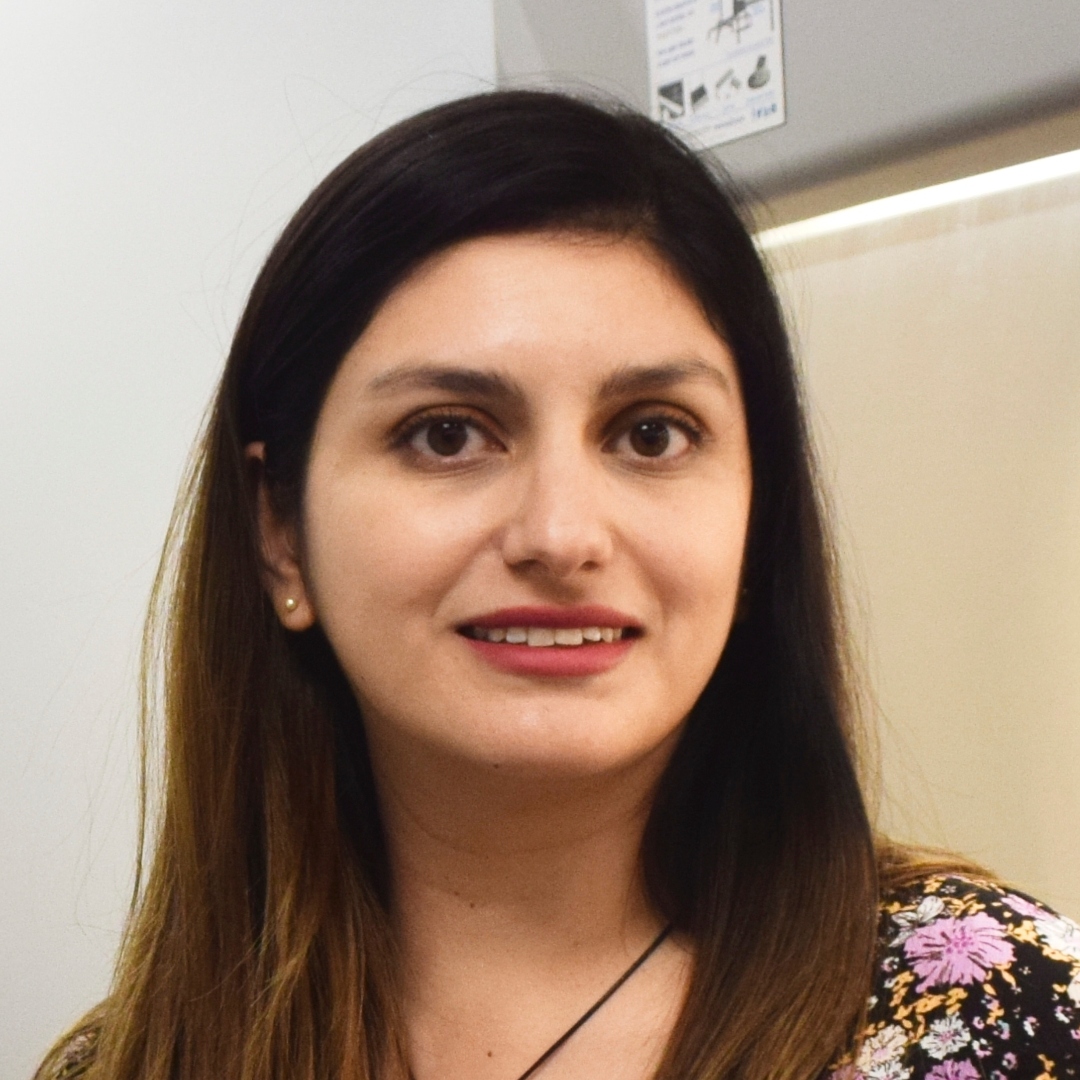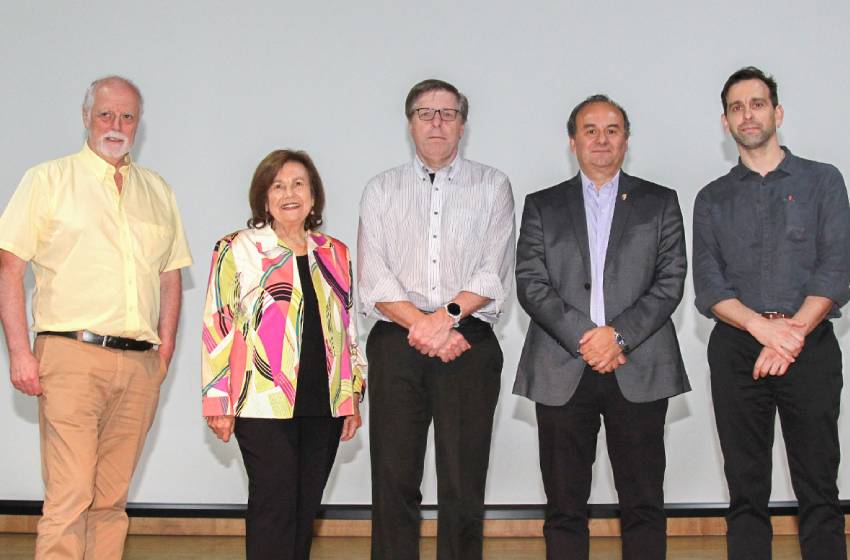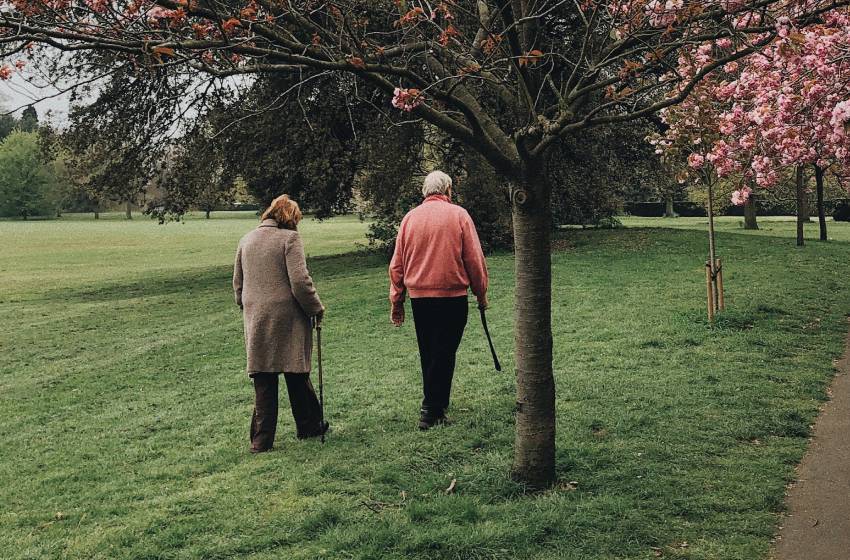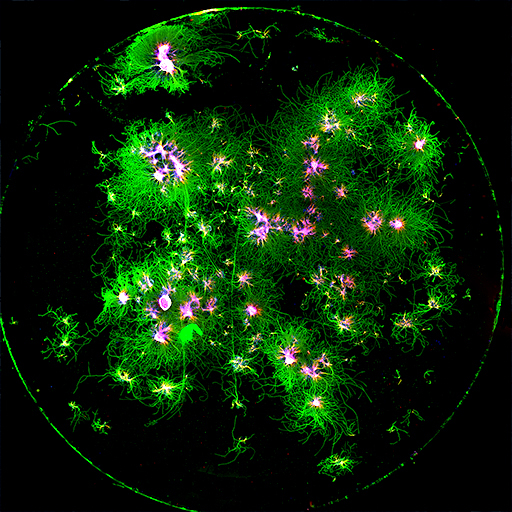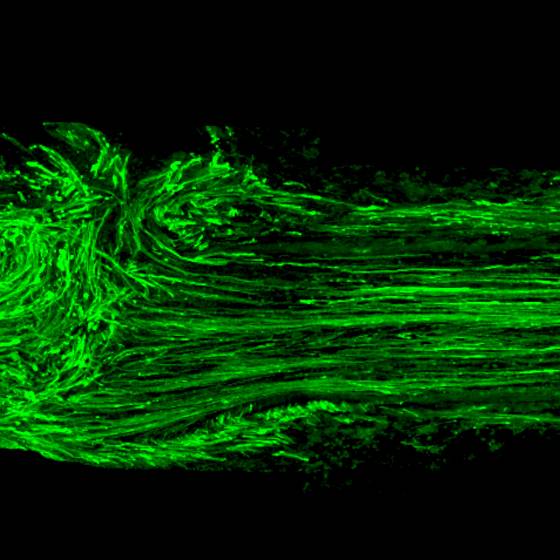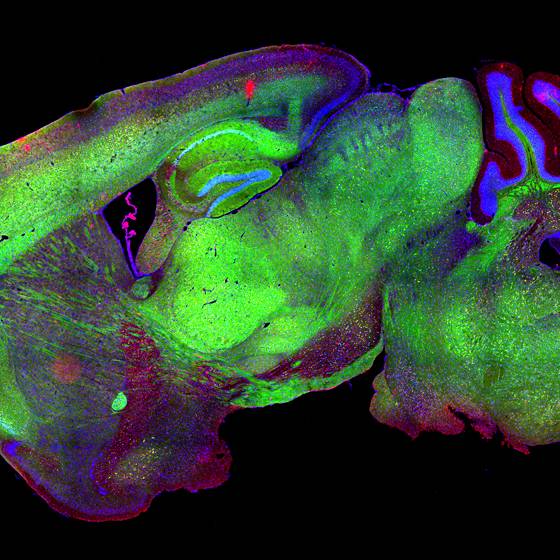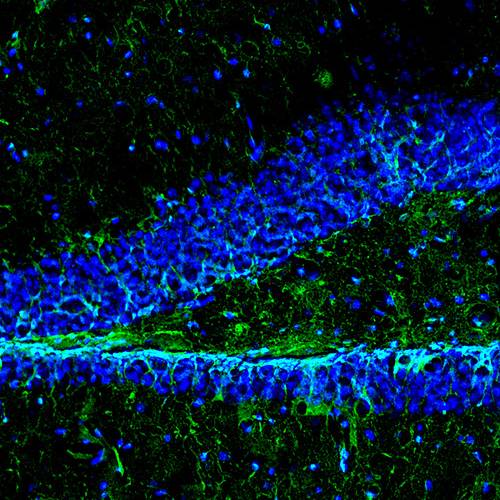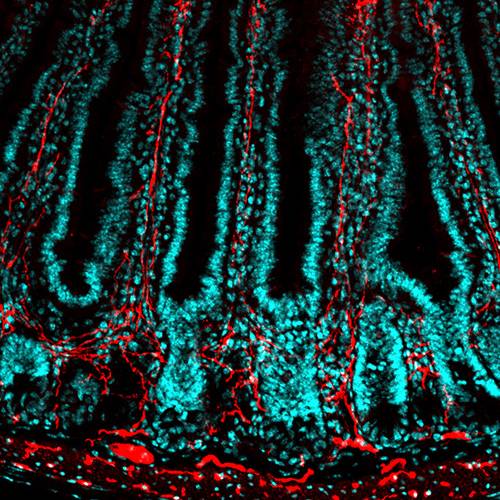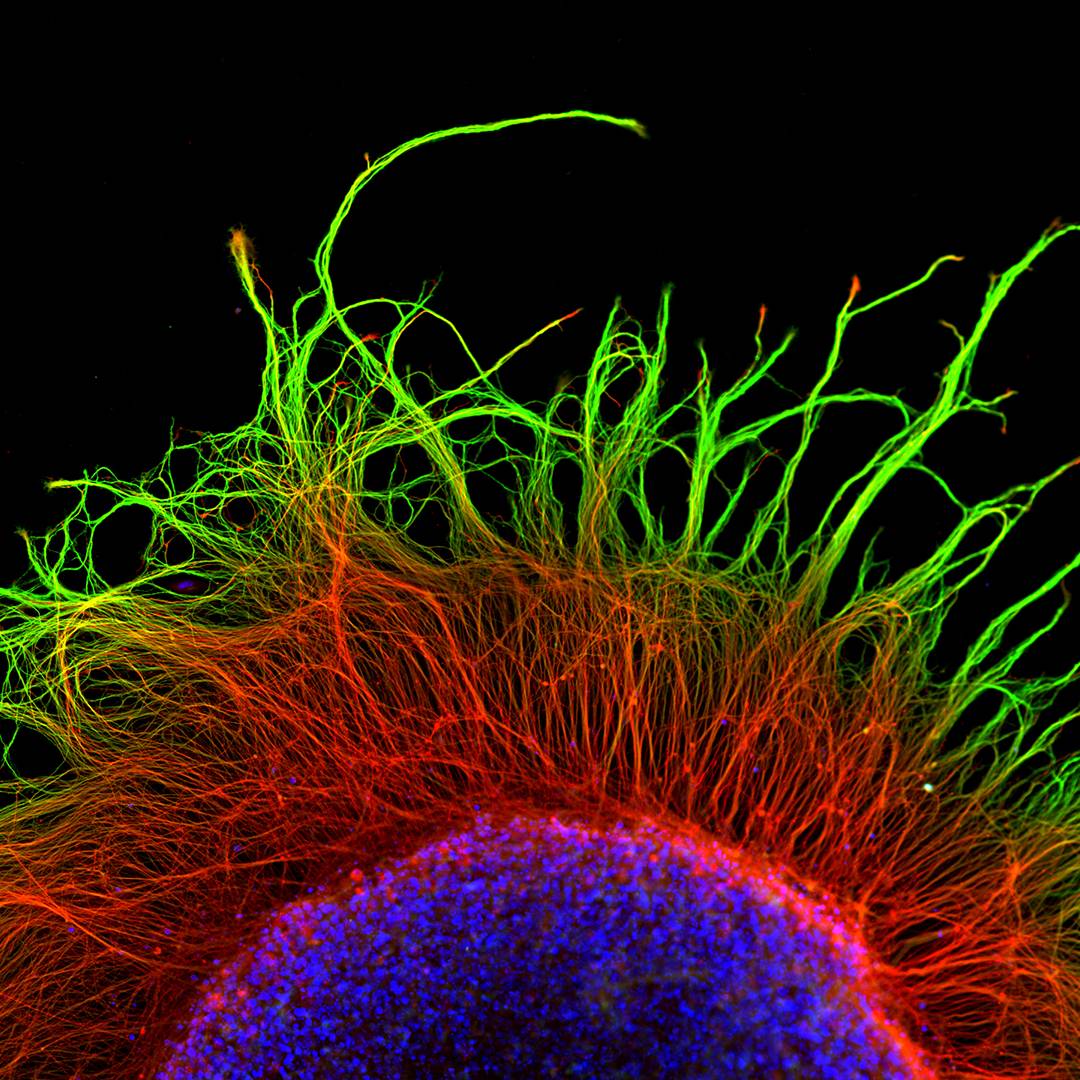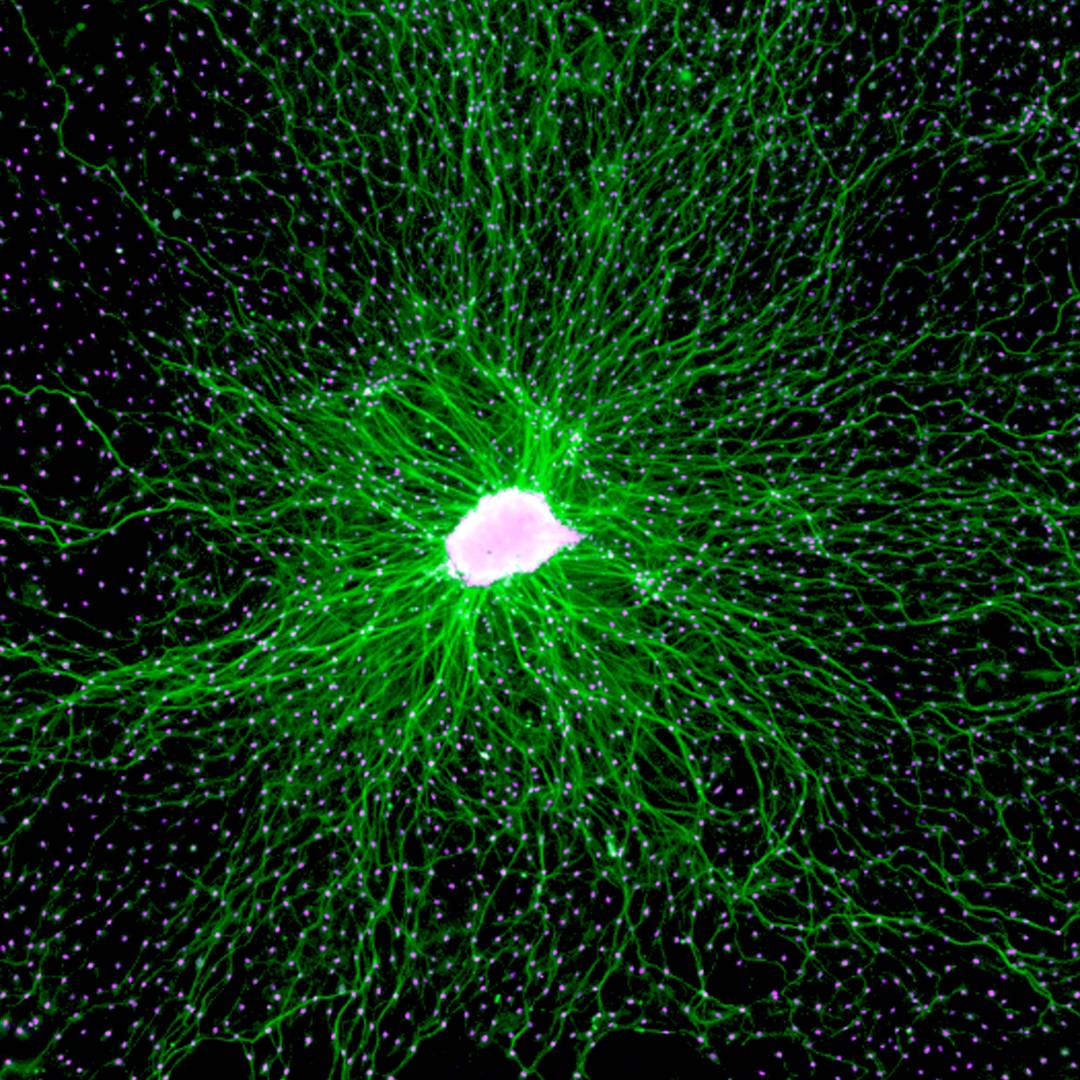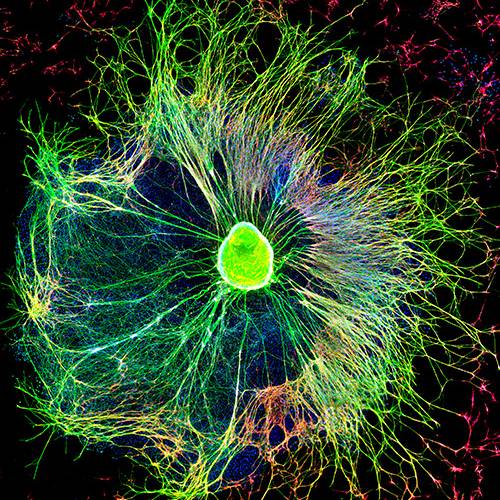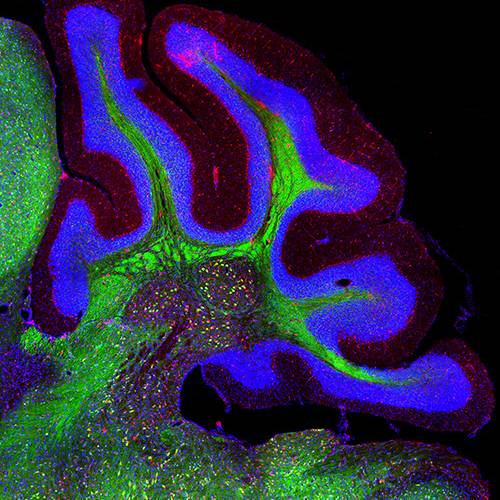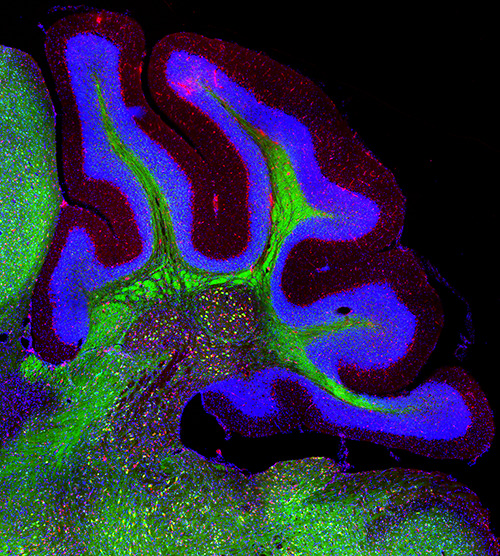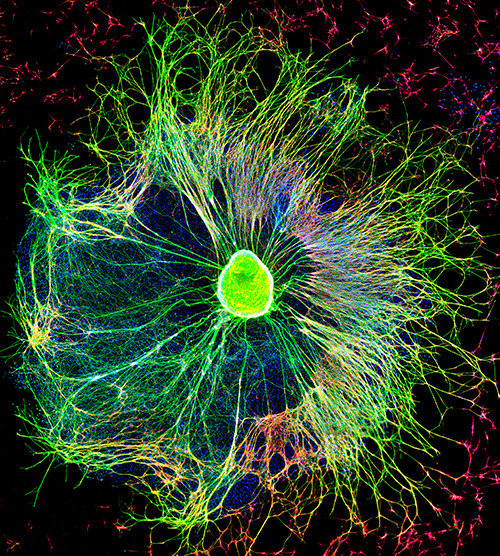The gut-brain axis along aging
The gut microbiota plays an important role in the physiology of the central nervous system and inflammation. Brain-gut communication enables bidirectional modulatory effects between the microbiota and the central nervous system, which might be involved in physiological and pathological events. Changes in the intestinal microbiota during aging show a decrease in the Firmicutes/Bacteroidetes ratio, presenting a higher proportion of Bacteroides, Clostridium, and Proteobacteria, and a decrease in Actinobacteria compared to young adults.
We are cultivating and analyzing thousands of bacterias from the Chilean population, in order to find new strains with positive effect over inflammation and aging.
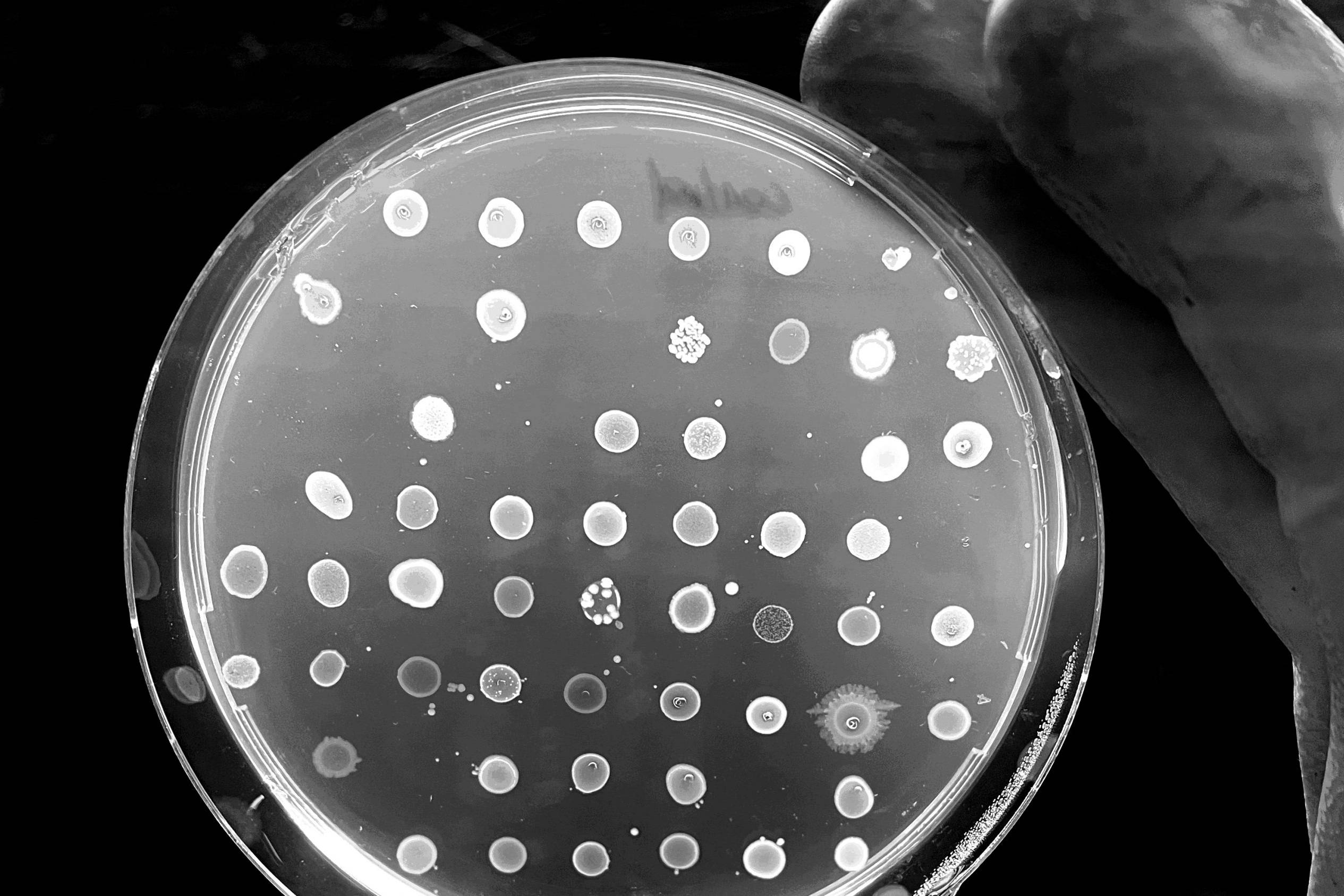
Restoring the gut microbiome for healthy aging
Our research focuses on the search for bacterial consortia with effect over the aging process. Our aim is to restore the intestinal microbiota during aging, converting it into a healthier and more beneficial intestinal microbiota. For the generation of bacterial consortia, we have generated a bank of bacteria isolated from the intestinal microbiota of healthy Chileans with a wide diversity of bacteria strains. Hundreds of these isolated and taxonomically classified bacteria has been evaluated for their probiotic properties and we are currently generating consortia for in vitro and in vivo studies. In addition, we are studying the gut microbiota in aged people, trying to correlate changes in their composition associated to the risk to develop brain conditions.
People involved
Related Publications
PUBLICATIONSNeuroDegenerationAGING
septiembre 5, 2023
Carotid Body-Mediated Chemoreflex Function in Aging and the Role of Receptor-Interacting Protein Kinase
Esteban Díaz-Jara, Karla G Schwarz, Angelica Ríos-Gallardo, Camilo Toledo, Julio A Alcayaga, Felipe A Court, Rodrigo Del Rio.
Adv Exp Med Biol. 1427:195-201. doi: 10.1007/978-3-031-32371-3_21.
PUBLICATIONSNeuroDegenerationAGING
abril 19, 2023
Necroptosis inhibition counteracts axonal degeneration, cognitive decline and key hallmarks of aging, promoting brain rejuvenation.
Macarena S. Arrázola, Matías Lira, Gabriel Quiroz, Somya Iqbal, Samantha L Eaton, Rachel A Kline, Douglas J Lamont, Hernán Huerta, Gonzalo Ureta, Sebastián Bernales, J César Cárdenas, Waldo Cerpa,Thomas M. Wishart, Felipe A. Court
Aging Cell. Mar 27;e13814. doi: 10.1111/acel.13814. Online ahead of print.
PUBLICATIONSNeuroRegenerationAGING
enero 25, 2023
Senescent Schwann cells induced by aging and chronic denervation impair axonal regeneration after peripheral nerve injury
Andrés Fuentes-Flores, Cristian Geronimo-Olvera, David Ñecuñir, Sandip Kumar Patel, Joanna Bons, Megan C Wright, Daniel Geschwind, Ahmet Hoke, Jose A. Gomez-Sanchez, Birgit Schilling, Judith Campisi, Felipe A. Court
PUBLICATIONSDataPNSNeuroRegeneration
septiembre 26, 2022
Neuronal activity-dependent ATP enhances the pro-growth effect of repair Schwann cell extracellular vesicles by increasing their miRNA-21 loading
Cristian Saquel, Romina J. Catalan, Rodrigo Lopez-Leal, Ramon A. Ramirez, David Necuñir, Ursula Wyneken, Christophe Lamaze and Felipe A. Court
Related News
Expertos analizaron los desafíos del envejecimiento y la gerociencia en Chile y el mundo
enero 22, 2024
Destacados referentes como Brian Kennedy, Felipe Sierra y Cecilia Albala expusieron en el simposio organizado por el Centro de Gerociencia, Salud Mental y Metabolismo GERO, compuesto por académicos…
Destacados expertos abordarán los avances más recientes en el campo de la gerociencia y el envejecimiento
enero 16, 2024
Organizado por el Centro de Gerociencia, Salud Mental y Metabolismo, GERO, este miércoles 17 de enero se realizará un simposio que reunirá a líderes en estas áreas, como Felipe Sierra, Cecilia…
